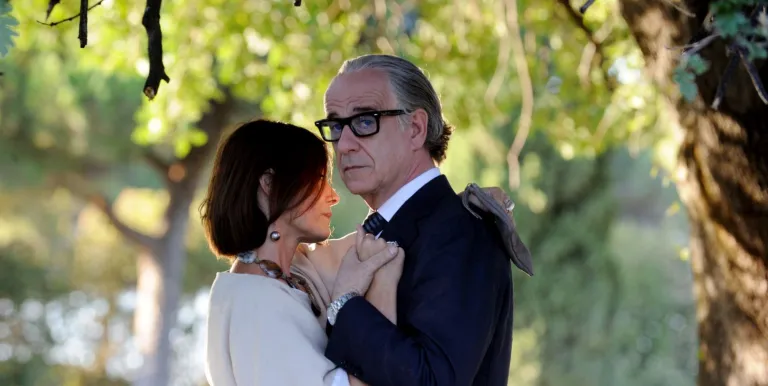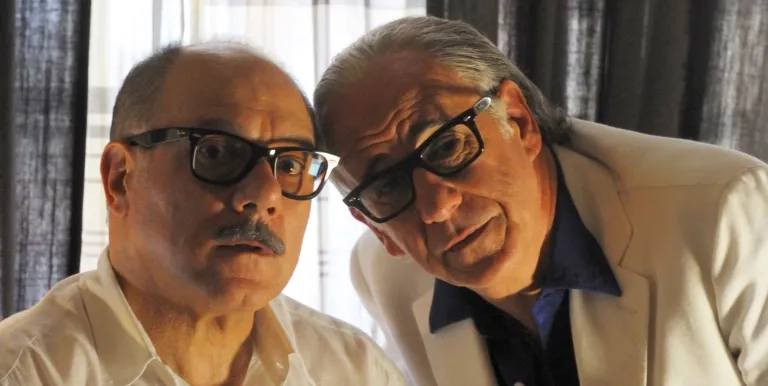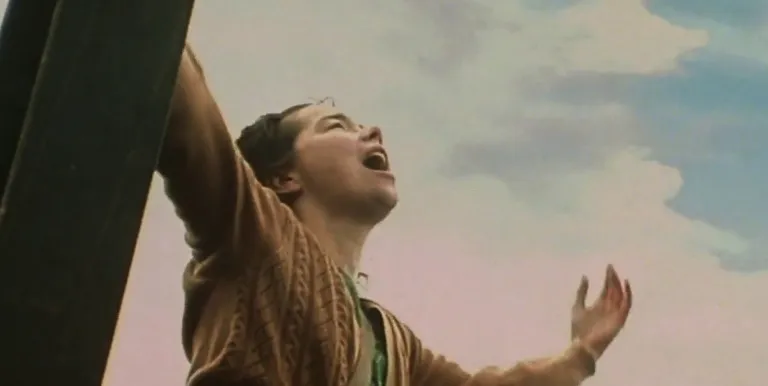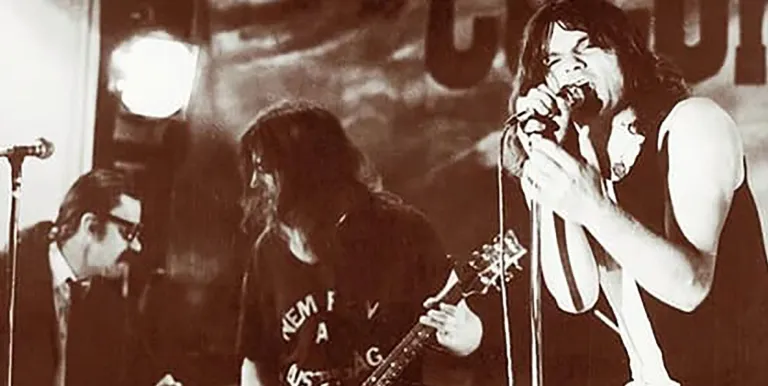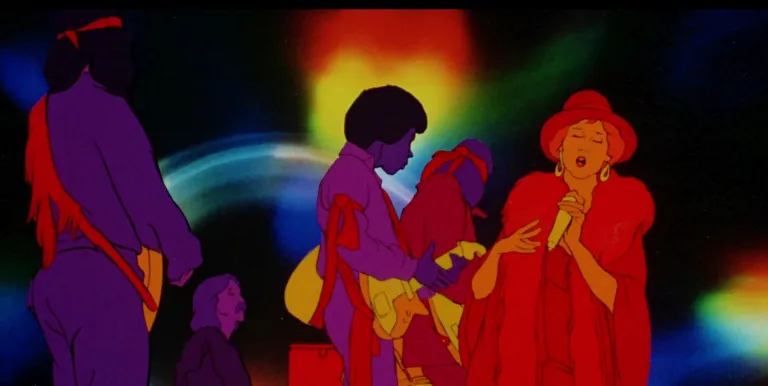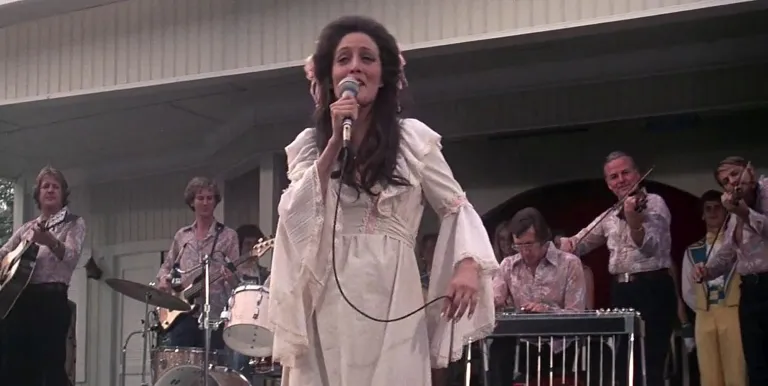Creator:
Featuring:
While Fellini came to Rome from the north, Paolo Sorrentino did the same from Naples in the south. His journey is different. And he makes no secret of the fact that at times he is embarrassingly close to Fellini. As if he continued, reinterpreted Fellini's films. He is also head over heels with Rome. So much so, that there are tours advertised online for visiting the locations of The Great Beauty in Rome. Sorrentino picked the usual popular sights of course - Piazza Navona, Colosseum, Villa Medici -, but he also ventures to the other side of the Tiber. His movie opens with a scene of a women's choir singing on the balcony of the Fontana dell'Acqua Paola at the Via Garibaldi.
The film's protagonist, Jep Gambardella, came to Rome at the age of 26. Now he is 65. He is a much-vaunted writer and journalist. A socialite and a philanderer. An old version of La Dolce Vita's Marcello, maybe? Now, on his birthday, he is taking stock of his past. Successes? Maybe. His one and only novel, written forty years ago, propelled him into the "dolce vita”, to celebrity status. It's hard to understand what Jep Gambardella, the successful man, is so worried about. Is it his upcoming new novel? Or his aging? Past loves? Miracles that never came true? Or the fates of those he comes across? Sorrentino's movie, similarly to Fellini's, never evolves into a large fictious narrative. This is what makes it exciting perhaps. Wondering among the well-off Romans and the self-proclaimed celebrities around them. Searching for something genuine among the never-ending flow of fake hairs, fake boobs and assorted surrogates. In 2014, The Great Beauty won the Oscar for Best Foreign Language Film. It was showered by awards in fact, and was a resounding success. Credit is definitely due to leading actor Toni Servillo and cinematographer Luca Bigazzi. But if you listen carefully, you can hear how beautifully Sorrentino incorporates 20th century and contemporary composers such as David Lang, Arvo Pärt, Poulenc and Górecki into his film.
In Italian, with Hungarian subtitles.
The discussions before and after the screening will be conducted in Hungarian.
Presented by: Müpa Budapest
-
We wish to inform you that in the event that Müpa Budapest's underground garage and outdoor car park are operating at full capacity, it is advisable to plan for increased waiting times when you arrive. In order to avoid this, we recommend that you depart for our events in time, so that you you can find the ideal parking spot quickly and smoothly and arrive for our performance in comfort. The Müpa Budapest underground garage gates will be operated by an automatic number plate recognition system. Parking is free of charge for visitors with tickets to any of our paid performances on that given day. The detailed parking policy of Müpa Budapest is available here.

